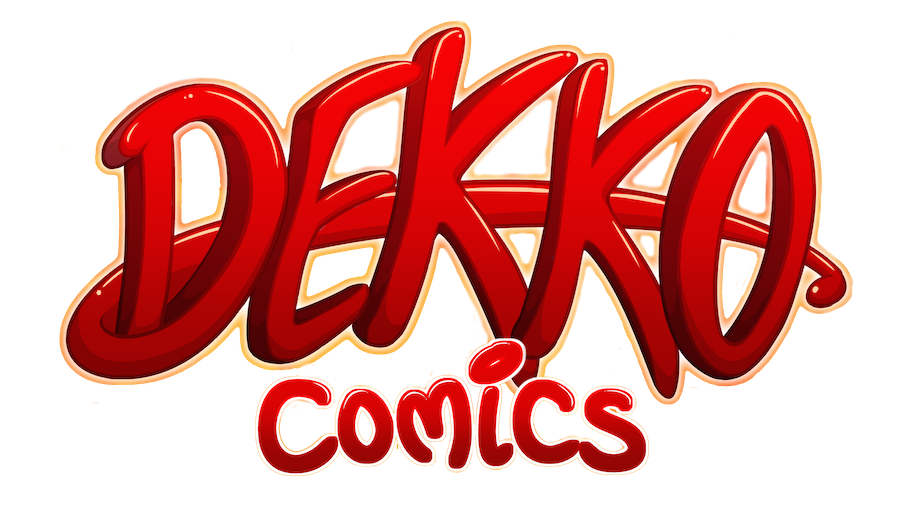Could comic textbooks be the answer to closing the attainment gap?
The attainment gap is no secret to us, in both junior and senior years of school. The big problem is that it’s widening. In the UK, it widened by 0.6% last year for disadvantaged pupils according to a report from the Education Policy Institute.
There can be a number of factors as to why the attainment gap is such an issue and why it’s growing. (Indeed I myself was not a high attainer at school). But if you look at the structure of the school system we’ve known over the last century, and the exam system that comes with it, you may notice a pretty substantial problem…
At its roots, school is a place where children go to learn. But despite the fact that we know everyone’s different, and that there are so many ways to learn, the school establishment seems to only teach in one way. It seems as if around 80-90% of all schoolwork (particularly past the age of 8 years old) is presented to school students primarily in the form of reading, writing and listening. In other words, it is teaching through the ability to use and engage with words well – and it is through that in which children are expected to access and understand the information.
The problem is not that it is an invalid way of teaching. The problem is that it is the ONLY way of teaching provided (or at least by far the most predominant). But we know that some ways of thinking seem to click more naturally with visual or auditory means than they would with the skill of reading, for example (which doesn’t change – even into adulthood). What is to become of the students who find it difficult to engage with reading and absorbing information through words?
Ultimately, you’re going to have a system of winners and losers, and thus there begins a gap in attainment and performance. This is especially the case when it comes to exams, as pupils are graded on their performance (and, more subtly, their intelligence) through a method that heavily endorses this one way of accessing education.
So what if we simply had more options of presenting the same educational information to school students in a way that complemented their more natural way of seeing the world? Even better, what if we could put some value in how we engage our pupils and make them care about what they’re learning in the first place? Something to help a child with their homework and schoolwork while also making it fun instead of boring for them?
Well that’s what Dekko Comics are helping pioneer. By presenting school curriculum subjects such as Maths and English through short visual comic strips, while putting a particular focus on ‘entertainment-first’, we have created a resource that speaks to a much wider audience than a conventional teaching method that focuses on one particular skill. They are a flexible resource that can be used both in the classroom and at home, and you will often find that the students read them for FUN as well as function (if not more so).
Since 2016, Dekko Comics have been bought and applied in over 50 schools across the UK as a highly celebrated supplementary resource. Parents love them too, (both in and out of the UK), and send us testimonies about how much they’ve gotten their children reading and learning for fun. Perhaps resources like Dekko, and this ethos of finding creative and genuinely fun ways to engage with learning, could be the bridge of the attainment gap…
Currently our comic books cover curriculum topics most relevant for ages 9-12 (or 8-14 at a stretch). But as Dekko continues to grow with each comic bought, resources for both older and younger ages (as well as in other art mediums) are on the horizon.
To purchase Dekko Comics for your school, or if you’re a parent looking at resources to help your child at school, please click on one of the buttons below:



